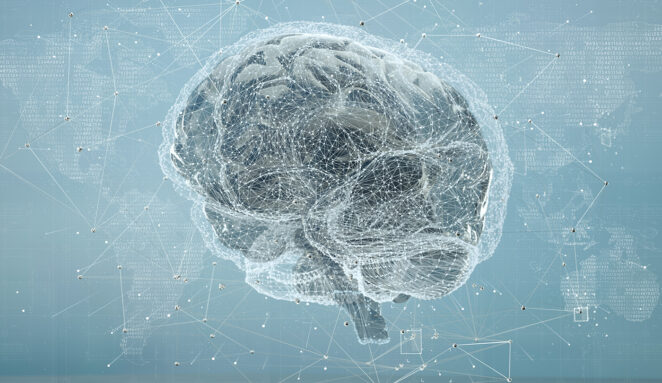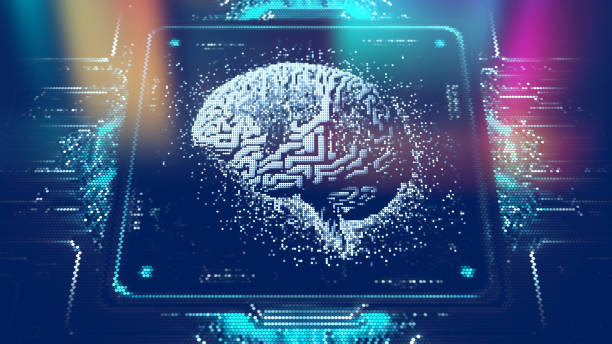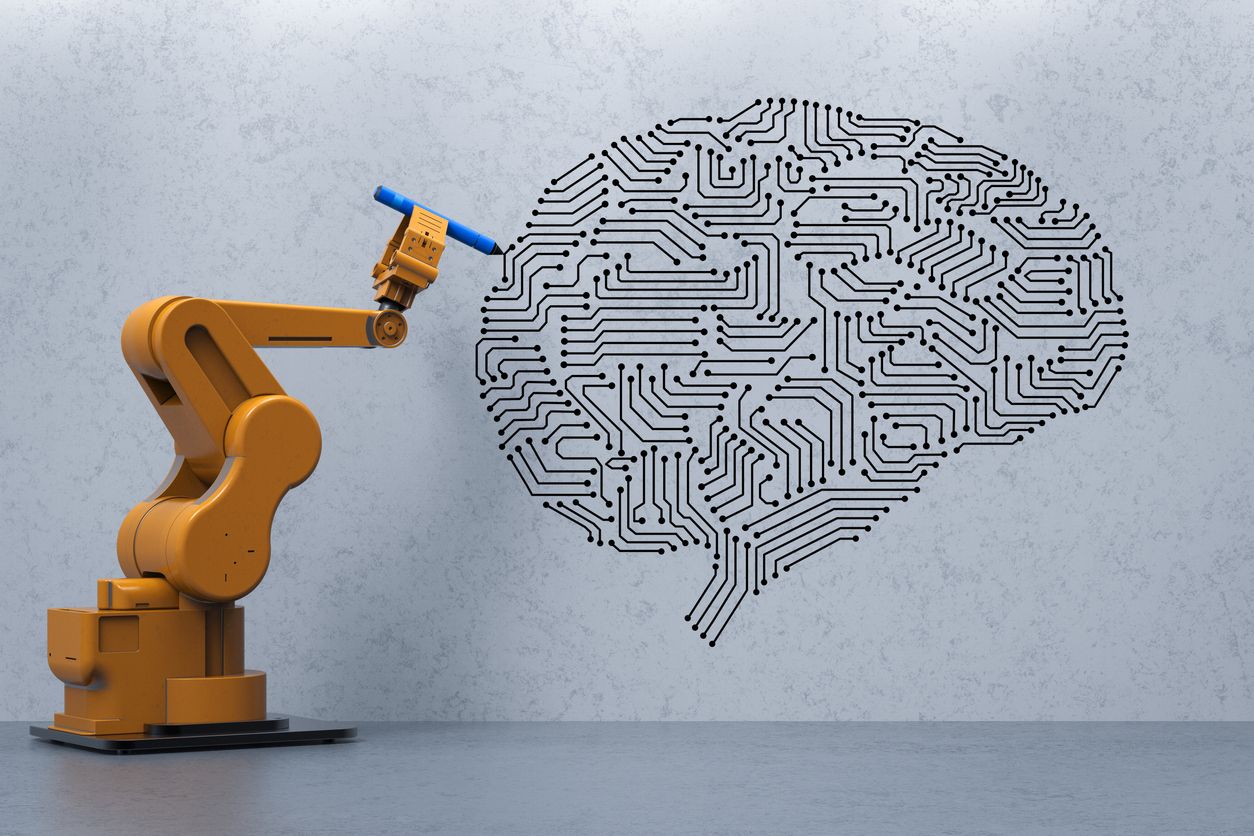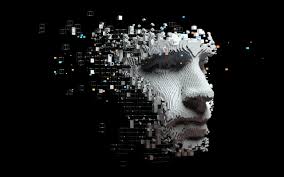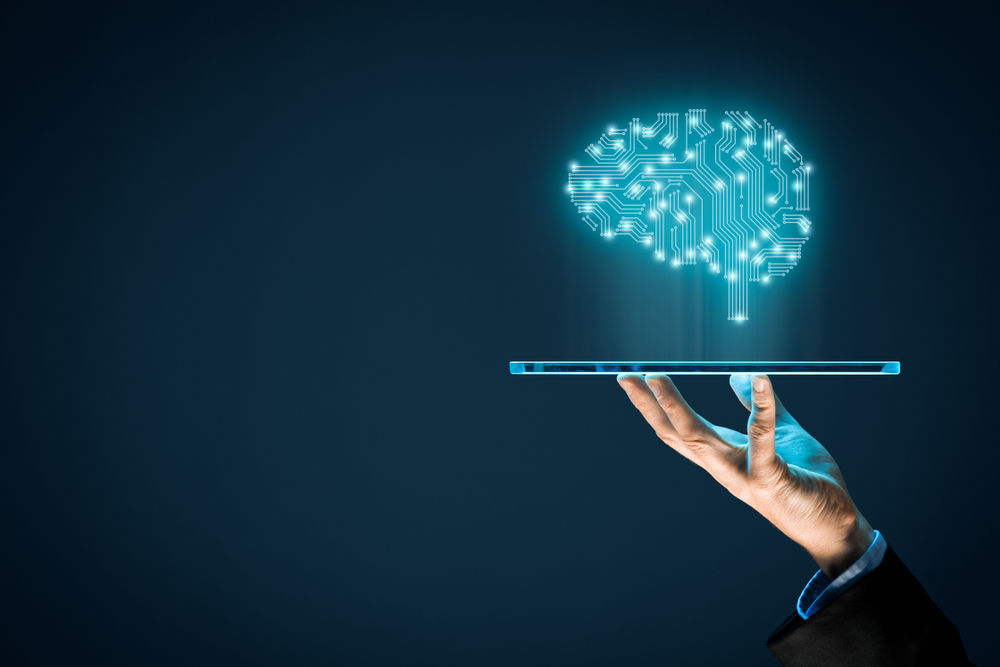As technology increasingly permeates our lives, democracy will inevitably be tested in new ways. One of the ways this is happening is through big data and artificial intelligence (AI). These technologies can inform decisions about who to vote for and how to run our societies, but they also have the potential to distort information and manipulate public opinion. This has led some to ask whether democracy will survive big data and AI. While there is no easy answer, we hope this article provides insight into the complex issue.
What is big data?
Big data refers to the large amounts of data now available for analysis. This data can come from various sources, including online surveys, social media posts, and transaction logs. It is becoming increasingly difficult to manage and use this data without the aid of artificial intelligence (AI).
Some fear that big data will lead to a dictatorship where the government can access all our personal information. Others believe that big data can improve our lives by helping us find new opportunities and solutions to problems. The future of big data is still unclear, but it is clear that it will significantly impact society in the near future.
What is artificial intelligence?
Artificial intelligence (AI) is a field of computer science devoted to creating intelligent machines. AI research aims at creating general-purpose systems that can reason, learn, and act autonomously. While some early AI research focused on simulating human intelligence, modern AI primarily uses data analysis and machine learning algorithms to create “smart agents” or “virtual assistants.”
How big data and artificial intelligence are changing the world
The large amounts of data being collected by big data and artificial intelligence are changing how we live and work. As these technologies become more sophisticated, they will be able to not only understand human behavior but also predict it. This could have far-reaching implications for democracy, as these systems could manipulate citizens or steer policy in a desired direction.
However, Big Data and AI aren’t just threats to democracy but also potential tools for improving it. For example, predictive analytics can help identify patterns in large datasets that would otherwise be undiscoverable. This information can then be used to make better decisions by government officials or businesses. Additionally, advances in machine learning allow machines to learn from data on their own, speeding up the process of acquiring knowledge and making predictions about future events.
As big data and artificial intelligence continue to evolve, we still don’t know much about their effects. However, the dangers posed by these technologies and the opportunities they offer should not be underestimated. We must continue to study them to best navigate their impact on society moving forward.
Conclusion
As big data and artificial intelligence begin to reshape how we interact with the world, it is important to ask ourselves whether democracy will survive. In a world where our every move is tracked and analyzed, can we trust that our elected officials are making decisions in our best interests? Or will they be swayed by powerful corporate interests? The answer to this question may determine whether democracy remains the foundation of our society or if we find another system that better embodies the values that we hold dear.

